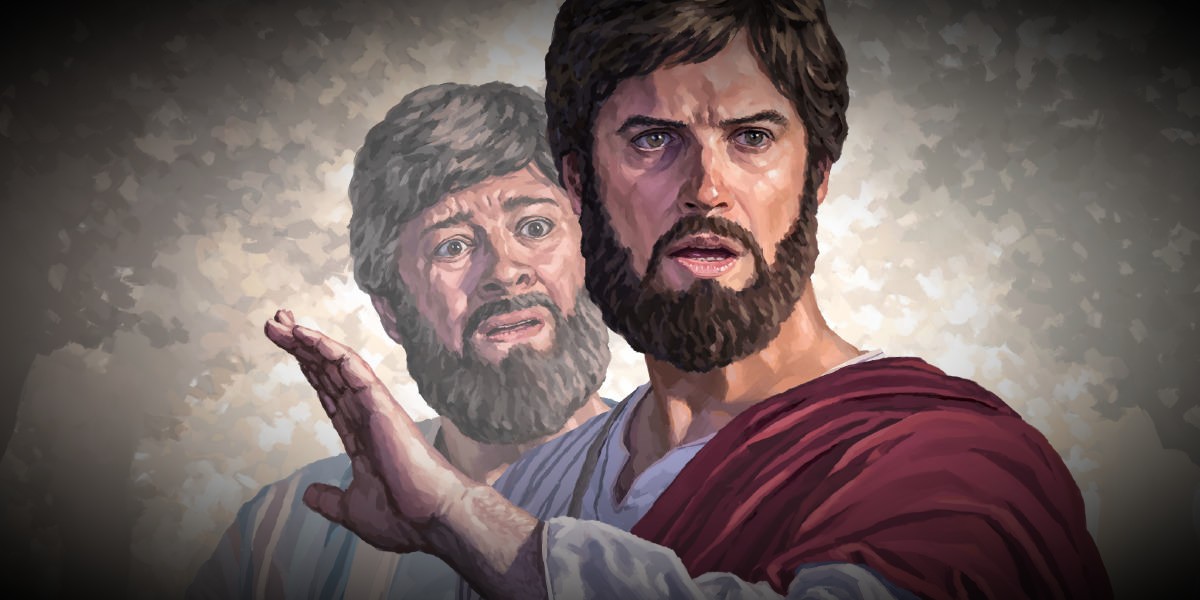KingdomLeast
Well-known member
The question of whether “the faithful and wise servant” is an individual Christian or a group of Christians is not easily answered from Matthew 24 alone, but Luke 12 elaborates.
We might expect Jesus to repeat important teachings several times in his ministry. Luke might give us the first time Jesus spoke of the faithful and wise servant, while Matthew writes topically and may cite the last time Jesus spoke of it.
Matthew 24 concludes with accounts of “the faithful and wise servant” and “that evil servant.” The timing is apparently between “the Son of man cometh” (24:44) and the “ten virgins who “went forth to meet the bridegroom” (25:1), which places it somewhere during “the last day” of this Age. The Matthew account is not necessarily clear whether the two servants are two individuals or two groups.
Most commentaries state that this is a parable, but Jesus doesn't introduce it as a parable.
So what say ye?
We might expect Jesus to repeat important teachings several times in his ministry. Luke might give us the first time Jesus spoke of the faithful and wise servant, while Matthew writes topically and may cite the last time Jesus spoke of it.
Matthew 24 concludes with accounts of “the faithful and wise servant” and “that evil servant.” The timing is apparently between “the Son of man cometh” (24:44) and the “ten virgins who “went forth to meet the bridegroom” (25:1), which places it somewhere during “the last day” of this Age. The Matthew account is not necessarily clear whether the two servants are two individuals or two groups.
Most commentaries state that this is a parable, but Jesus doesn't introduce it as a parable.
So what say ye?



